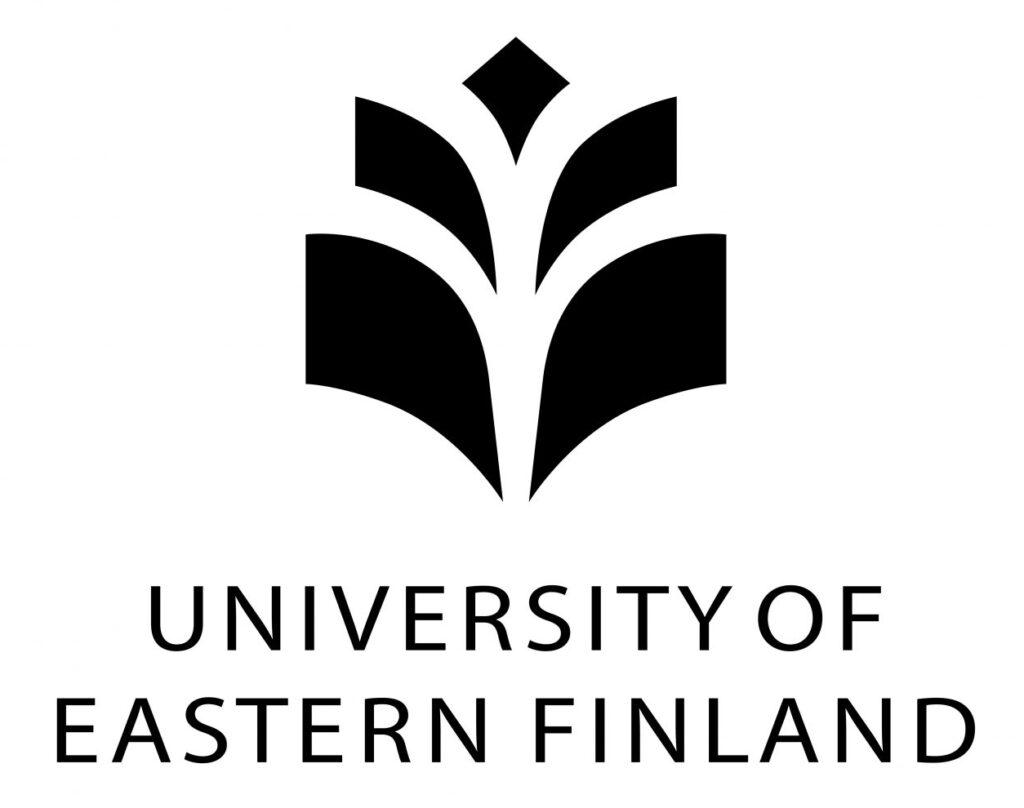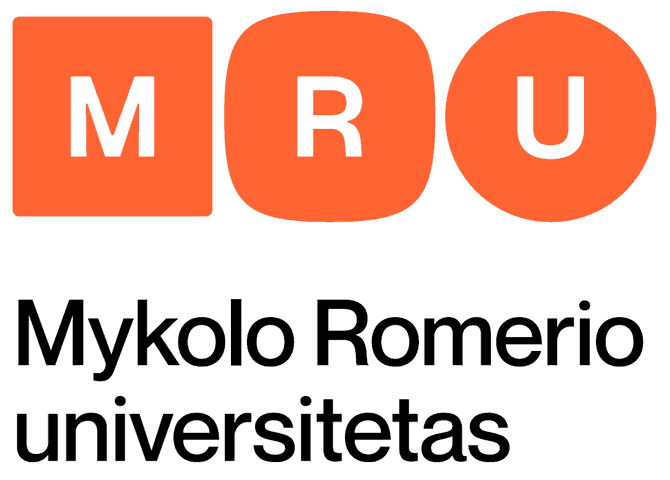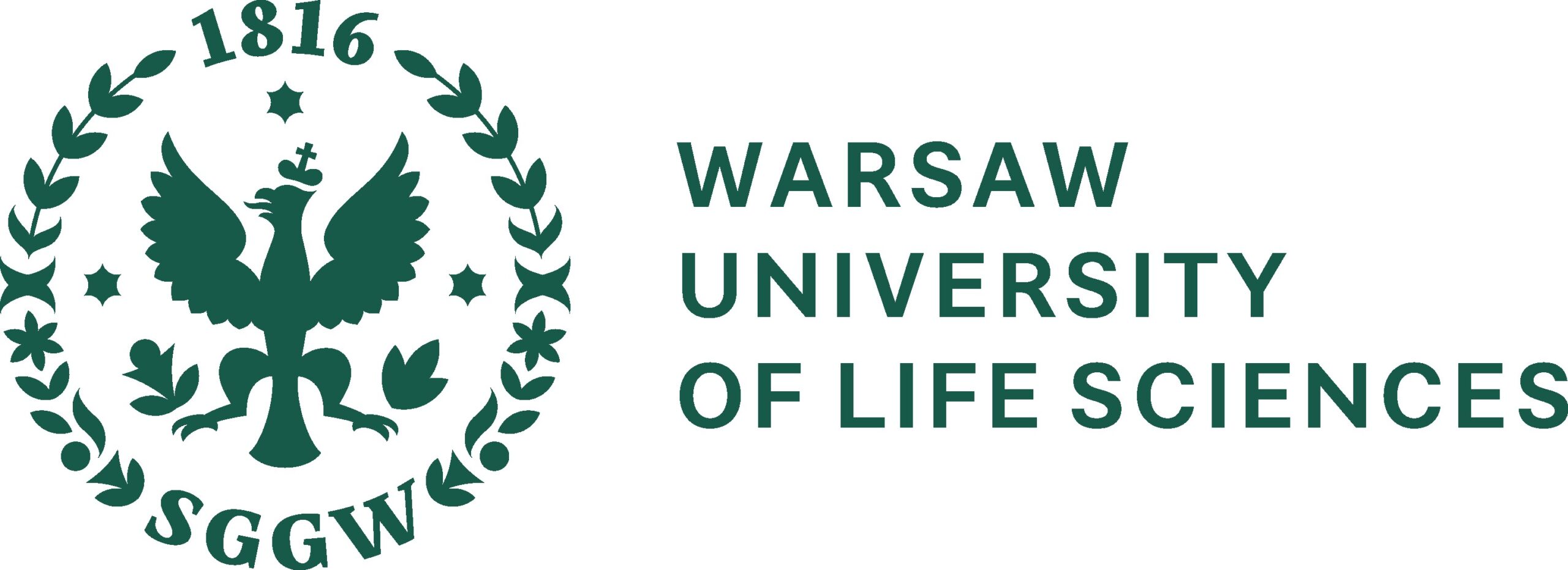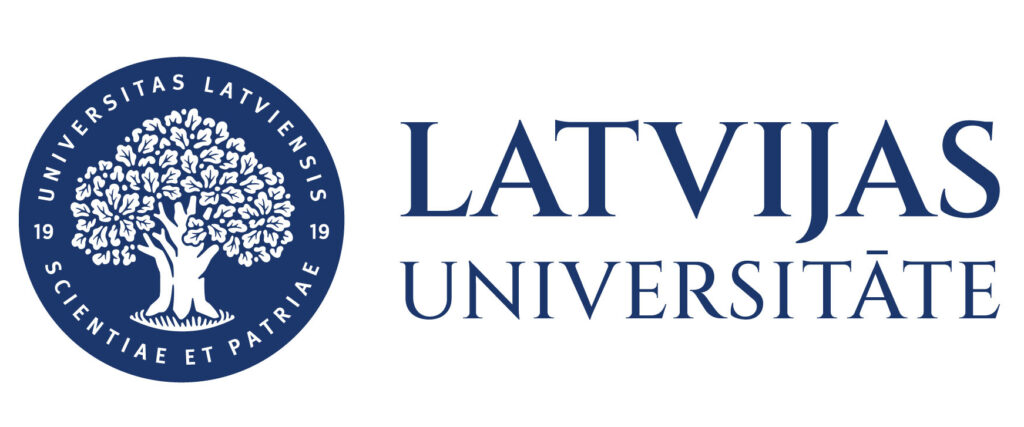
Cross-REalm modelling and assessment of Aquatic ecosystem services – Towards a science-based design of nature-based solutions to tackle Eutrophication
Partners

University of Eastern Finland (UEF) is a multidisciplinary public university with over 16,000 students and a strong international research profile. The CREATE project team, led by Asst. Prof. Miguel Villoslada, is based at the Department of Geographical and Historical Studies and consists of experts in ecosystem services, spatial modelling, and nature-based solutions. As coordinating institution, UEF is responsible for the overall implementation and management of CREATE, as well as for ensuring the scientific coherence and policy relevance of the project’s outputs across realms.

University of Tartu (UTARTU) employs a multidisciplinary approach that combines environmental monitoring, experimental research, and advanced modelling techniques—including the development of innovative algorithms and user-friendly decision-support tools. These tools facilitate the design, implementation, and assessment of nature-based solutions (NbS) by simulating ecological and environmental dynamics across biological levels (from populations to ecosystems) and spatial scales (from local to global), under various scenarios of human activity and climate change.
In close collaboration with local, national, and regional authorities, as well as practitioners and stakeholders, UTARTU ensures that scientific and ecological knowledge informs marine protected area (MPA) designation and marine spatial planning (MSP). The CREATE project team of the University of Tartu is led by Asst. Prof. Francisco R. Barboza.

Mykolas Romeris University (MRU) is a leading Lithuanian public university specialising in social sciences, humanities, and social innovation research. With 7,500 students, including 600 international students from over 40 countries, MRU offers diverse programs in law, management, psychology, and public security. Its structure comprises four faculties and the MRU LAB network, which consists of 14 research labs.
The Environmental Management Research Laboratory, led by Prof. Dr. Paulo Pereira, is the leading group in Lithuania working on mapping and assessing ecosystem services. In the CREATE Project, the MRU team, led by Dr. Miguel Inácio, will oversee WP2, developing quantitative biophysical models to map and assess freshwater ecosystem services. The team will also support all other CREATE tasks to ensure the project’s success.

Warsaw University of Life Sciences (SGGW), founded in 1816, is the oldest agricultural and natural science university in Poland. Covering subjects ranging from natural sciences and technology to veterinary medicine and social and economic studies, it is a leading institution in many fields.
Researchers from the Department of Hydrology, Meteorology and Water Management (Institute of Environmental Engineering) and the Centre for Climate Research are conducting the CREATE project tasks led by Dr. Mikołaj Piniewski. The SGGW team is involved in all of the project’s work packages and is leading WP3, which focuses on the spatial prioritization of NBS (nature-based solutions). In this work package, we will provide overall coordination and focus on applying the SWAT+ model to assess the effectiveness of the selected NBS in mitigating eutrophication. We will also focus on the spatial prioritization of NBS using CoMOLA software in all CREATE case studies. Our team will also contribute to WP2 (Interlinkages between Ecosystem Services and Eutrophication) by modelling water and nutrient transport for the Łupawa River–Lake Gardno system in northern Poland and by supporting SWAT+ modelling activities in other case studies. The integrated modelling framework consists of the SWAT+ model for riverine ecosystems and the Delft3D model for the coastal lake ecosystem. In WP4 (Stakeholder Integration and Recommendations for Policy Uptake), we will engage with local stakeholders in the Łupawa catchment area through semi-structured interviews and surveys to understand their perceptions, knowledge, and acceptance of NBS. We will also hold workshops to co-create suitable NBS implementation scenarios.

University of Latvia (UL) is a multidisciplinary public university that plays a key role in Latvia’s academic, environmental, and societal development. Combining research and education in the natural sciences, humanities, social sciences, technical disciplines, and medicine, UL provides a diverse academic environment for students and researchers from Latvia and beyond. The CREATE project team is based at the Faculty of Science and Technology, Department of Geography, within the Centre for Studies of Social-Ecological Systems. The team’s research focuses on environmental geography, ecosystem services, stakeholder engagement, and green-blue infrastructure planning.
Within CREATE, UL is responsible for leading stakeholder engagement activities, using participatory and inclusive methods to co-produce knowledge with diverse actors – public authorities, land users, NGOs, and local communities. These activities include public and expert surveys, stakeholder mapping, in-depth interviews, and multi-actor workshops, aimed at supporting the socially robust and context-sensitive uptake of nature-based solutions (NbS) in water governance. UL also contributes to the assessment and spatial modelling of aquatic ecosystem services and the development of tools for NbS prioritization under regionally specific ecological and land-use conditions.

